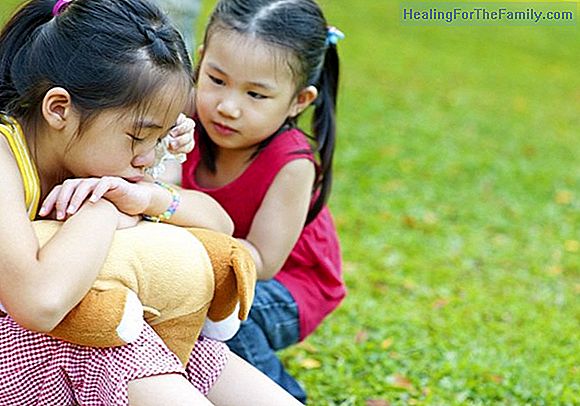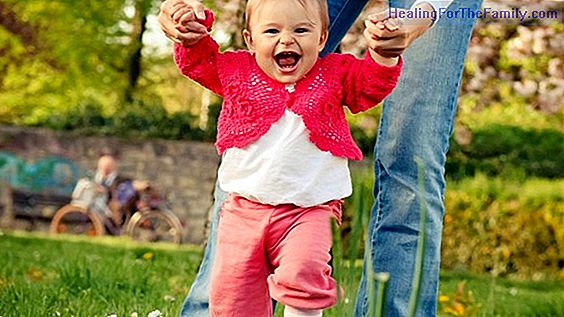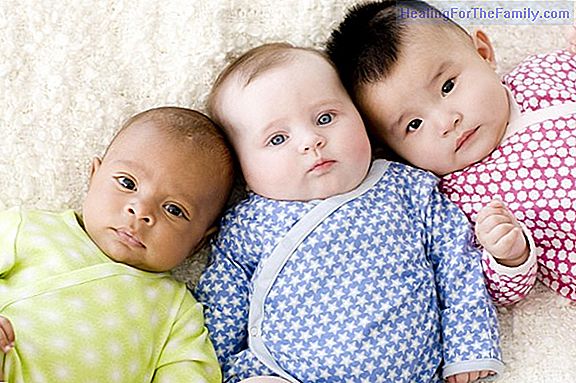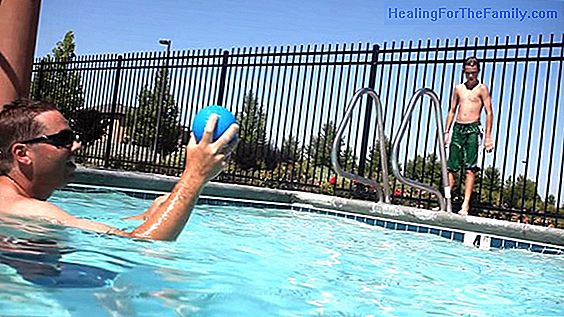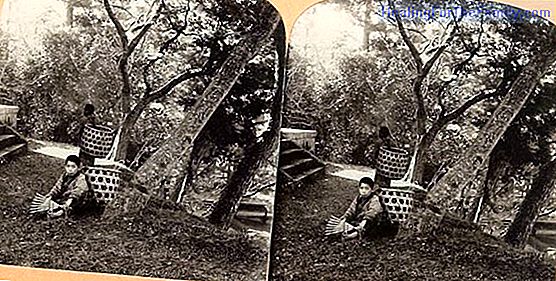Cooperative learning as a new teaching system
Within the different learning methodologies one of the ones that most awakens my interest is Cooperative Learning. Cooperative learning is a methodology created to facilitate the acquisition of learning within the classroom by organizing students in groups to generate links and synergies, since this
Within the different learning methodologies one of the ones that most awakens my interest is Cooperative Learning.
Cooperative learning is a methodology created to facilitate the acquisition of learning within the classroom by organizing students in groups to generate links and synergies, since this learning is based on student socialization and the development of skills social.
Cooperative learning is one of the best methods in the teaching system.
What is cooperative learning
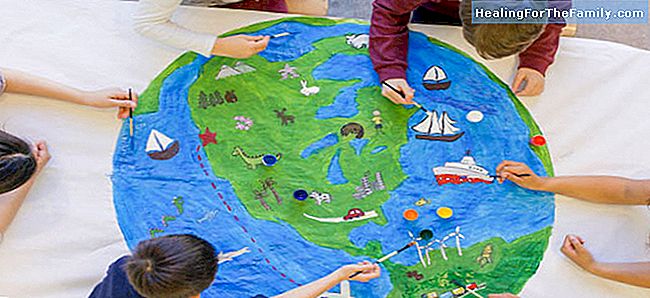
The role of the teacher in this case becomes a facilitator of knowledge providing the student with the protagonism of their own learning supported by the team. In accordance with the principles of Cooperative Learning, the student only achieves success if the rest of the group also achieves it.
In this way, students acquire commitment to the group, sense of team, responsibility to their task and the task of others,
These techniques are very easy to implement and should be used in the stage of childish.
I leave several activities that you can implement in both Infant and primary
Exercise for the early childhood education stage
1- My tree
We put a tree drawn in the center of the table and the students will have to fill in according to a model.
One will have the leaves that will be glued, another will have the flowers of the tree, the third child will have a nest, and the last one will have the birds, in turn they will have to go cooperating to complete the elements in the tree.
Another variant would be transforming the tree according to the season, which would also serve to work the temporalization.
It is based on jigsaw or puzzle technique.
Objectives:
- Improve attention.
- Practice the listening.
- Respect the turn
- Be able to give and ask for help.
In children we have to overcome the logical egocentrism of the evolutionary moment in which the students find themselves, that is why it is so important that attention be placed on the partner, that we put into practice when they become aware that they can not do their job until that of your partner is not finalized.
2- Creative constructions
The blocks of constructions are distributed by team and they are only given as instruction that each turn they must put only 1 piece and that the construction must be turning so that they can put the piece with ease. At the end, all the constructions made are presented.
Based on the technique of the rotating sheet.Objectives:
- Development of spatial vision and creativity.
- Training
respect for the creativity of the partner. - Respect the turn.
Exercises for primary education
1. Crusades
First by groups they must write their names
across the letters . Once finished, the same will be done with the class group.It can be a presentation game.
Objectives:
- Encourage communication among new students.
- Respect the turn.
-
Group cohesion in the beginning or even in times of conflict, we can complicate it with surnames or go by date of birth. I recommend doing these games at home to strengthen relationships between siblings, family and friends or build our family team.
2. Tangram
We distribute to you 7 pieces of a tangram that you will have to solve in the shortest possible time. If we see fit, we will allow them once they have finished
helping another team. It is a good time to
invite reflection how they have felt and how they have managed to solve it. Based on the cooperative puzzle technique
Objectives:
- Improve spatial vision.
- Practice the
listening .- Promote
competition with oneself and help the teammate for the improvement of the team.


